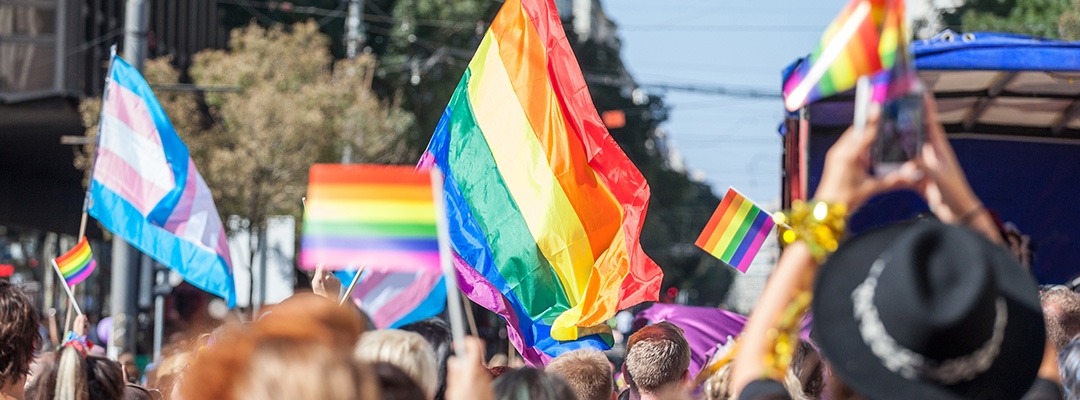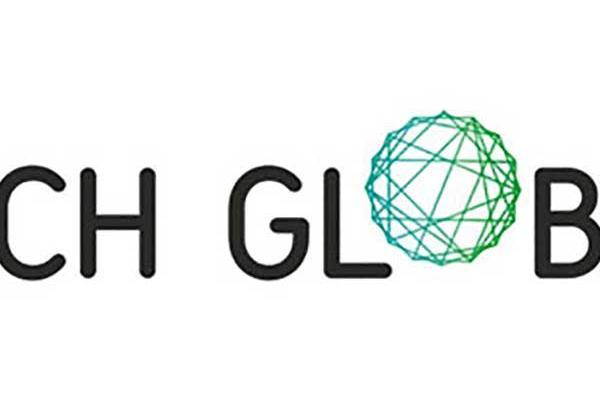After the 2015 Obergefell decision that legalized gay marriage in the United States, the LGBTQ+ community was riding high following an increasing wave of acceptance in national polls.
But as parts of the nation took on a more conservative turn after the 2016 presidential election, resistance to LGBTQ+ issues has been percolating upward, first through transphobic fears stoked by the old “bathroom” canards and then through the “won’t somebody please think of the children” trope that led to Florida’s Don’t Say Gay bill.
The good news in this sporadic but hardening resistance to LGBTQ+ rights is that the gays have been here before.
They’re fighters.
For this pride month, we’d like to celebrate members of the LGBTQ+ community who decided that enough was enough.
Here’s to the fighters, the rebels, the dreamers, the cross dressers, the transsexuals, the queers, the questioners and the whole rainbow of individuals who are in the middle of the fight of and for their lives.
Gays 1: NYPD 0
The Stonewall Riots of 1969 marked the first modern resistance against continuing anti-gay raids and repressions during the first half of the 20th century. These weeklong skirmishes with police are often called the beginning of the Gay Rights movement.
There’s not much agreement about what actually happened on that first night at the Stonewall Inn, as this was a time well before cellphones, 24/7 news coverage and the gay press. No one knows “who threw the first brick,” or even whether a brick was thrown.
What was clear was that gays and lesbians were angry at the treatment that they received from the New York City Police Department, and they were no longer going to suffer in silence.
Fighting From the Outskirts of the Power Structure
Today, we’d refer to Marsha P. Johnson as “chaotic good.”
No individual looms larger in the complicated post-Stonewall narratives than Marsha P. Johnson, a transvestite sex worker and performer who was known as the “Mayor of Christopher Street.” An early member of the Gay Liberation Front—a group that “organized” after the 1969 riots—Marsha was a messy but necessary figure of pride and protest during their life.
Often marginalized because of their race, erratic temperament, public presentation and socioeconomic status, Marsha always fought for recognition and respect.
Fight for Your Right Not to Party
Larry Kramer was never anyone’s idea of a pushover.
Larry made himself persona non grata with an unflinchingly honest novel, Faggots, about promiscuity in the nascent gay community on Fire Island in the ‘70s. Then, when the AIDS epidemic was just starting, he started the Gay Men’s Health Crisis (GMHC).
Typical of his confrontational nature, Larry angered the establishment with his attacks on closeted Mayor Ed Koch’s response to AIDS and his own peers at GMHC when he insisted that gay men stop having sex to prevent the spread of disease. Kicked out of GMHC for his uncompromising stances, he then founded ACT UP, a protest organization that emphasized radical, direct action.
All of those accomplishments are impressive—not to mention his Tony-winning play The Normal Heart, which has been a touchstone for continuing discussion about living and dying with HIV.
The Fight Over Your Own Body
Standing 6 feet 3 inches tall, Yale University professor Roxane Gay has presence.
As a black, feminist woman, Gay is used to being surveilled, judged and assessed from afar. Rather than shrinking from that often malevolent gaze, she has stood firm in the face of it.
At every stage of her career, Gay has confronted the hard issues, what it means to be African American and feminist in Bad Feminist, and what it means to live in her own body in her memoir, Hunger.
The intersectionality that imbues Gay's history—child of immigrants, black, smart, big, bisexual—also drives her to success after success. Now talking from a place of power, she is a go-to figure for the important questions of the day.
Fighting for the Right to Dream
Filmmaker Leo Herrera is best known for his uplifting The FATHERS Project, which dares to imagine a present without the historical losses from AIDS. He asks where the gay community would be with the support, advice and help from those who never made it out of the AIDS crisis alive.
Herrara’s work seeks to portray a gay utopia, but he doesn’t shy away from challenging norms. His sex-drenched work puts the physical realities of gay men front and center—not as a defining part of being a gay man, but as an integral piece of what it means to be gay, open and free.
The Fight Continues
Given the large strides that the LGBTQ+ community has made during the past 50 years, many people wonder if Pride Month and pride parades still have relevance for today’s rainbow community.
The inspiring stories of these activists underline the importance of speaking up and acting up. Here’s to future fighters and dreamers who will continue to move the LGBTQ+ community into the future.
The fight continues.



